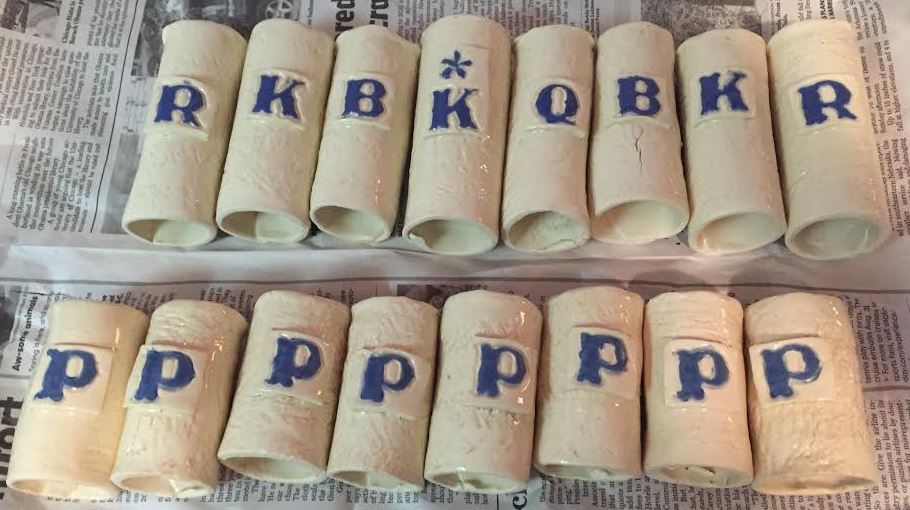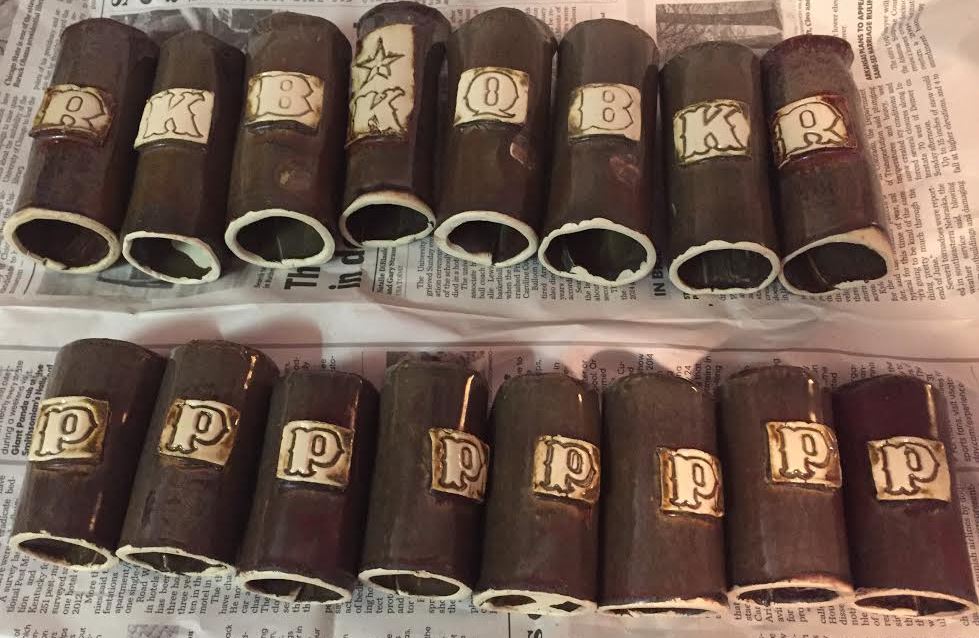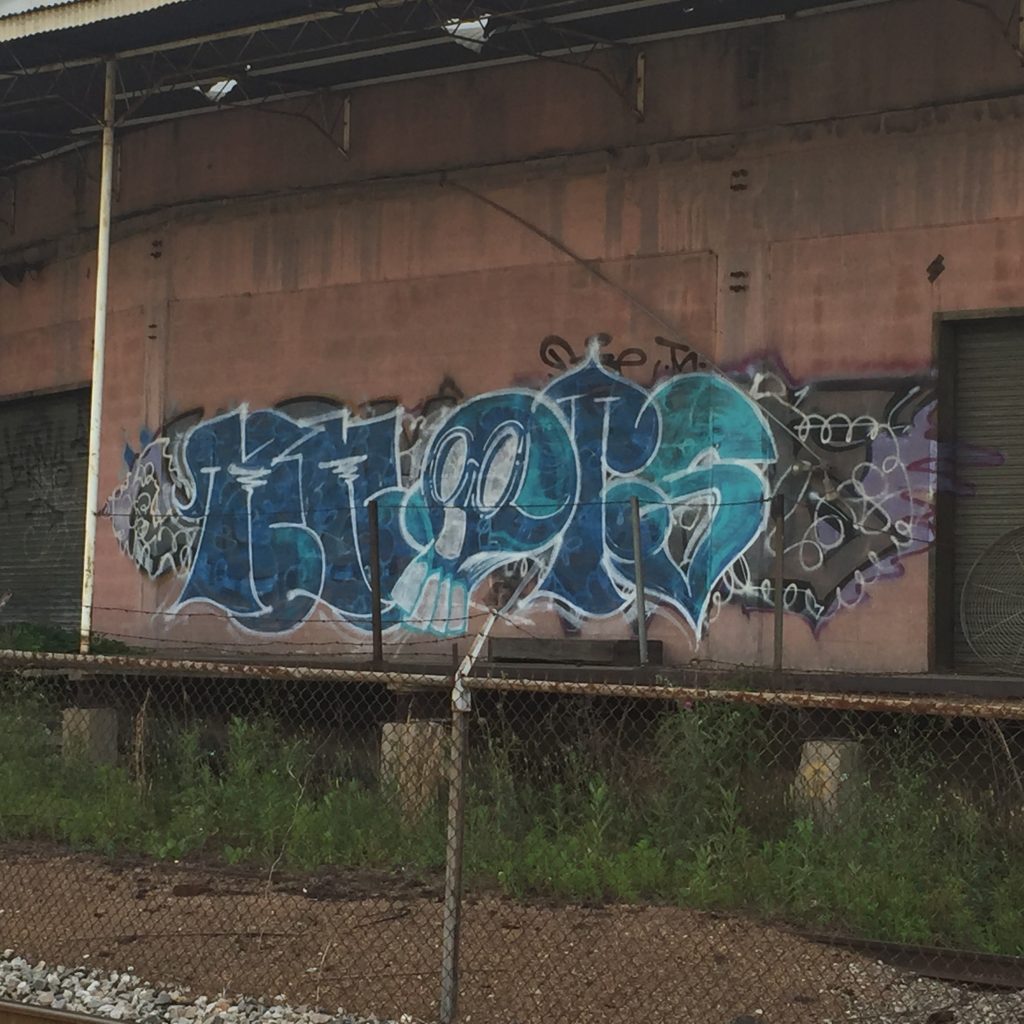The Naming Of Names.

And out of the ground the Lord God formed every beast of the field, and every fowl of the air; and brought them unto Adam to see what he would call them: and whatsoever Adam called every living creature, that was the name thereof.
–Genesis 2:19 (King James Version)
God: Hey Adam, come over here. I’ve got a job for you.
Adam: What is it?
God: I thought it would be fun if you named the animals.
Adam: Sure. There aren’t a lot of them, are there?
God: No, this’ll be easy. Shouldn’t take more than…well, anyway, let’s get started with this little guy.
Adam: Let me think. I guess I’ll call it a ‘mouse’.
God: I like that. Here’s another one.
Adam: Well that looks just like a bigger mouse.
God: No, totally different animals, trust me.
Adam: Fine. I’ll call that a ‘rat’.
God: And here’s the next one.
Adam: Wait, are you messing with me here? That’s just a rat with a bushy tail.
God: No, really, no joke, this is a whole other animal.
Adam: Fine. Let’s just call it a ‘squirrel’.
God: Great. Let’s keep going. Here’s something a little different.
Adam: Interesting. I guess ‘lizard’.
God: Cool. And how about this one?
Adam: That’s just a lizard without legs.
God: No it’s not!
Adam: Yes it is! Fine, you want a name for it? I’ll call it a ‘snake’ since I guess ‘we need a lizard without legs for some reason’ is too long.
God: Yeah, not one of my better ideas.
Snake: (muttering) I’ll get you for that.
Adam: I’ll call that next thing a ‘bird’.
God: Are you sure you want to be so general?
Adam: What do you mean?
God: Well, what are you going to call this thing?
Adam: Well, I guess that’s also a bird.
God: Yeah, but don’t you think you should give them different names, to sort of tell them apart?
Adam: I don’t know. How many are there?
God: (thoughtfully) Yeah, Darwin kinda has that same question. Leads to all kinds of stuff.
Adam: What?
God: Sorry, getting ahead of myself here. Let’s keep going.
[Several hours later]
Adam: I thought you said there weren’t going to be that many.
God: Well from my perspective it doesn’t seem like all that many. I mean, consider yourself lucky you’re just dealing with one planet.
Adam: One what?
God: Never mind. Let’s switch gears a little bit and I’ll bring up some aquatic life. Here, here’s something you’ll like.
Adam: Okay, well, I guess I’ll call that a ‘fish’.
God: That’s a good general term…
Adam: Are you kidding me? Is this birds all over again?
God: Well…we can come back to that. Here’s something really different.
Adam: GOD! WHAT IS THAT?
God: Hey, hey, hey, watch how you’re using my name. Don’t make me lay down some ground rules.
Adam: It’s just that’s…that’s not like anything I’ve seen so far. It’s…how am I even going to get along with that?
God: Good point. You know what? You’re probably not gonna run into any of these. So just give it a nice quick name and we’ll move on.
Adam: Sure, okay. Wow. A nice quick name. I guess I’ll call it a ‘squid’.
God: Great. Okay, let’s get back to land animals. Let’s look at some that might be useful to you.
Adam: Great, I could use some help around here.
God: What about that thing you called ‘dog’?
Adam: Well, it’s nice and all, but what I could really use is an extra pair of hands.
God: Oh, we’ll get to that. Here’s a nifty little number I think you’ll like.
Adam: Well I wouldn’t call it ‘little’. It makes an interesting noise. I guess I’ll call it a ‘cow’. Hey, what are the dangly things around its hind legs?
God: Oh, those dispense a high-protein beverage called ‘milk’.
Adam: Doesn’t sound particularly appetizing.
God: Your kids are gonna love it.
Adam: My what?
God: Anyhoo, here’s another.
Adam: That looks like a fat hairless dog someone punched in the face.
God: Come on, lighten up. You’re gonna love this creature.
Adam: Yeah? What does it do?
God: Um, well, it eats a lot and spends a lot of time rolling around in its own filth.
Adam: Yeah, great job there. A dirty, disgusting animal. It deserves a blunt, brutal name, something like ‘pig’.
God: That’s it. You don’t like it? Fine. I forbid you to eat bacon.
Adam: What’s that?
God: Your kids are gonna love it. Or grandkids. Somewhere down the line. Speaking of that I think it’s about time we got you some help around here. And I have a sudden craving for ribs.

 When I was a kid and got interested in learning how to play chess I checked out a book from the library. It was a kids’ chess book and had pretty clever pictures of the various pieces as people dressed up in medieval garb, only in black and white. The pictures were a lot more interesting to me than the actual mechanics of playing chess: the bishops wielded wicked-looking morning stars, the knights were on horseback, of course, the pawns were squat little soldiers with clubs, and the queens had long swords. The kings just looked kind of pensive since they were the primary target. I don’t remember what the rooks looked like, which is strange, because I think they would have been the most interesting characters of all, being mobile castles. In fact the British call that piece a “castle” which makes more sense than “rook” since a rook is a bird, but that’s another story.
When I was a kid and got interested in learning how to play chess I checked out a book from the library. It was a kids’ chess book and had pretty clever pictures of the various pieces as people dressed up in medieval garb, only in black and white. The pictures were a lot more interesting to me than the actual mechanics of playing chess: the bishops wielded wicked-looking morning stars, the knights were on horseback, of course, the pawns were squat little soldiers with clubs, and the queens had long swords. The kings just looked kind of pensive since they were the primary target. I don’t remember what the rooks looked like, which is strange, because I think they would have been the most interesting characters of all, being mobile castles. In fact the British call that piece a “castle” which makes more sense than “rook” since a rook is a bird, but that’s another story.

 You never know whom you’re going to sit next to at a bus stop.
You never know whom you’re going to sit next to at a bus stop. Gentrification is rapidly changing Nashville. Whether that’s a good thing or a bad thing depends on where you stand, and it may be something you have no strong feelings about one way or the other. Or you may be like me–I can’t decide whether I’m ambivalent or not. Really it all depends on where I stand, and if I stand on a stretch of Charlotte Avenue I see some changes that are fine, like some new restaurants and a rock climbing gym, but I worry about some of the older, hipper businesses potentially being driven out. There are the thrift shops and
Gentrification is rapidly changing Nashville. Whether that’s a good thing or a bad thing depends on where you stand, and it may be something you have no strong feelings about one way or the other. Or you may be like me–I can’t decide whether I’m ambivalent or not. Really it all depends on where I stand, and if I stand on a stretch of Charlotte Avenue I see some changes that are fine, like some new restaurants and a rock climbing gym, but I worry about some of the older, hipper businesses potentially being driven out. There are the thrift shops and 
 I liked beer because I thought it was a grownup thing to drink. This was when I was four or five and before that causes any alarm let me assure you I was only allowed to try an occasional sip of beer, and the only time I might have even come close to drinking more than that was once when my father was changing the car’s oil and had a beer resting on the hood. Or at least he thought I did until he found me sitting under a tree in the backyard holding it. And I doubt I drank very much of it because, like I said, I liked it because I thought it was a grownup thing to drink, which is my way of saying I really didn’t like it. And truthfully I still don’t like the taste of the stuff my father drank. I can’t remember what it was specifically but it was one of the major brands of watered-down swill that’s passed off as pilsner, a misnomer so egregious the one thing both Czechs and Slovaks still agree on is that it’s like trying to pass off a sow’s ear as a Prada purse. Holding a beer was an image thing. Holding a can of beer, I thought, made me look cool and mature, like an adult, maybe even like Victor Mature, when the reality is I just looked like I had delinquent parents. I thought being an adult, being a grownup, life must be much easier. Grownups were free of all the responsibilities of being a kid. At the moment I’m having trouble figuring out what the responsibilities of being a kid were, other than homework, which I’ve since learned is a plague that affects young and old alike and when you’re an adult it doesn’t even stop when school’s out for summer, but that’s another story.
I liked beer because I thought it was a grownup thing to drink. This was when I was four or five and before that causes any alarm let me assure you I was only allowed to try an occasional sip of beer, and the only time I might have even come close to drinking more than that was once when my father was changing the car’s oil and had a beer resting on the hood. Or at least he thought I did until he found me sitting under a tree in the backyard holding it. And I doubt I drank very much of it because, like I said, I liked it because I thought it was a grownup thing to drink, which is my way of saying I really didn’t like it. And truthfully I still don’t like the taste of the stuff my father drank. I can’t remember what it was specifically but it was one of the major brands of watered-down swill that’s passed off as pilsner, a misnomer so egregious the one thing both Czechs and Slovaks still agree on is that it’s like trying to pass off a sow’s ear as a Prada purse. Holding a beer was an image thing. Holding a can of beer, I thought, made me look cool and mature, like an adult, maybe even like Victor Mature, when the reality is I just looked like I had delinquent parents. I thought being an adult, being a grownup, life must be much easier. Grownups were free of all the responsibilities of being a kid. At the moment I’m having trouble figuring out what the responsibilities of being a kid were, other than homework, which I’ve since learned is a plague that affects young and old alike and when you’re an adult it doesn’t even stop when school’s out for summer, but that’s another story.

 Most of last week I drove to and from work instead of taking the bus. This meant I had a lot more freedom–sort of, anyway. I was still putting in my eight hours but I was free to pick my own route home. The walk to and from the parking garage is roughly the same distance as it is to the bus, but I don’t mind the exercise. And I could decide when I wanted to come and go instead of standing on the sidewalk waiting for a driver who may or may not have decided to drive right by me.
Most of last week I drove to and from work instead of taking the bus. This meant I had a lot more freedom–sort of, anyway. I was still putting in my eight hours but I was free to pick my own route home. The walk to and from the parking garage is roughly the same distance as it is to the bus, but I don’t mind the exercise. And I could decide when I wanted to come and go instead of standing on the sidewalk waiting for a driver who may or may not have decided to drive right by me. Kitchen sink dramas have a long history of playing up the comedy of everyday existence but all too often it’s the drama that spills over into real life. That drama hits me especially hard when it means someone has lost a fight with the crab.
Kitchen sink dramas have a long history of playing up the comedy of everyday existence but all too often it’s the drama that spills over into real life. That drama hits me especially hard when it means someone has lost a fight with the crab.